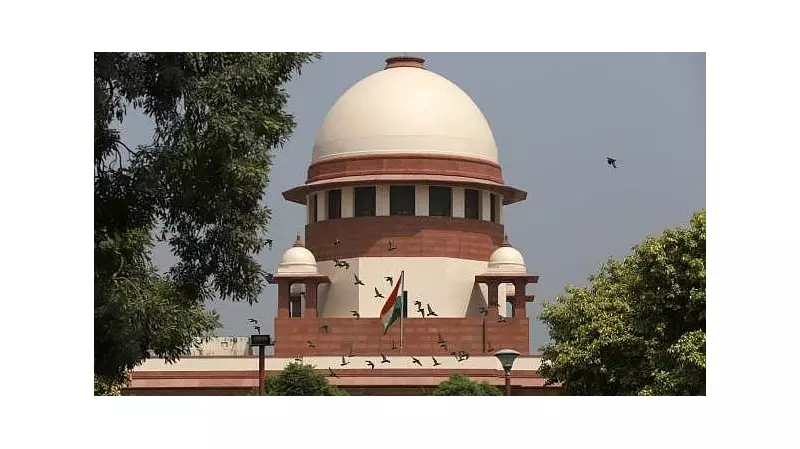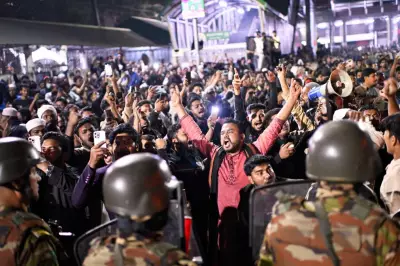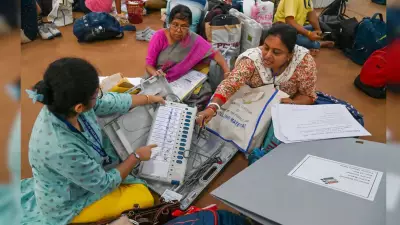
The Supreme Court of India has decided against an urgent hearing of multiple petitions challenging the anti-conversion laws implemented by various states across the country. The court indicated that these significant cases will be taken up for proper hearing in December 2025.
Court's Decision on Urgent Hearing
A bench led by Chief Justice B R Gavai and including Justices K Vinod Chandran and NV Anjaria declared that the pleas would not receive immediate attention. The judicial panel clearly stated that the matters would be scheduled for comprehensive hearing sessions in December 2025.
The decision came on November 11, 2025, when the court was presented with requests for urgent listing of these controversial cases. Instead of expediting the process, the bench determined that the complex constitutional questions involved required proper scheduling rather than rushed proceedings.
Background of Anti-Conversion Laws
Several Indian states have enacted legislation aimed at regulating religious conversions, which petitioners argue violates fundamental rights guaranteed by the Indian Constitution. These laws typically require individuals to seek government permission before converting to another religion and impose strict penalties for conversions conducted through what they term as "force, fraud, or inducement."
Critics of these laws maintain that they primarily target religious minorities and undermine the constitutional principle of religious freedom. The petitions before the Supreme Court challenge the constitutional validity of these state laws, arguing they contravene basic rights protected under Articles 25, 14, and 21 of the Indian Constitution.
Legal Implications and Next Steps
The Supreme Court's decision to delay the hearings means that the current legal status quo will remain unchanged until at least December 2025. The anti-conversion laws in various states will continue to be enforceable during this interim period.
Legal experts suggest that the December hearings could have far-reaching consequences for religious freedom jurisprudence in India. The court's eventual ruling may establish important precedents regarding the balance between individual religious rights and state interests in regulating religious practices.
Human rights organizations and religious groups have expressed mixed reactions to the scheduling decision. While some appreciate the court's deliberate approach to such a sensitive matter, others have voiced concerns about the extended timeline for resolving what they consider urgent constitutional questions.
The Supreme Court's calendar for December 2025 is expected to include detailed arguments from both supporters and opponents of the anti-conversion legislation, with potential interventions from various stakeholders including state governments, religious organizations, and civil society groups.





